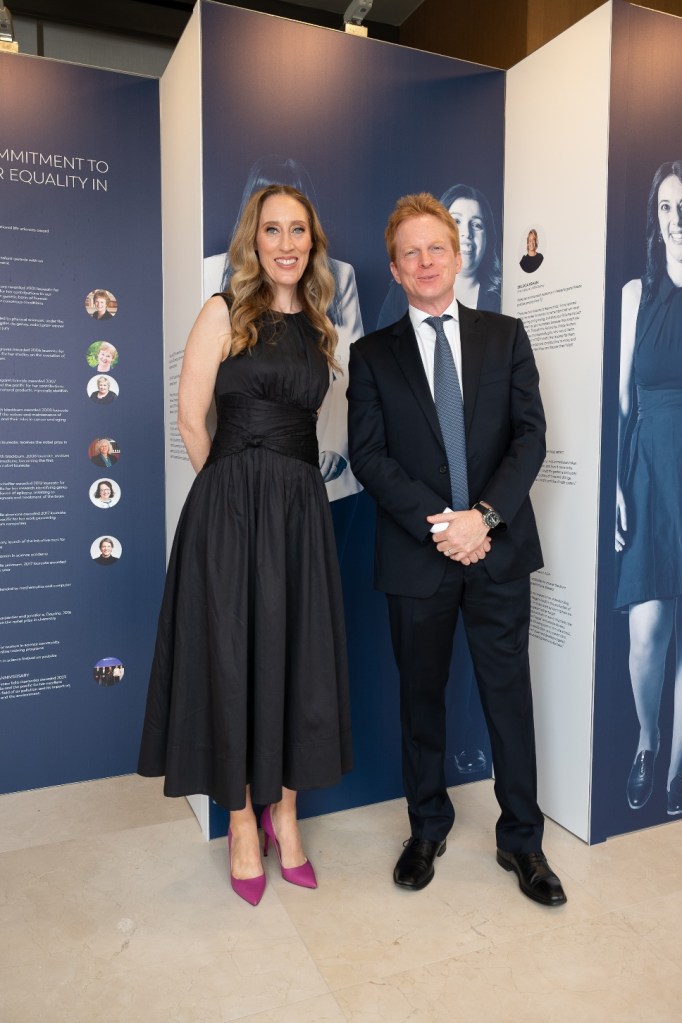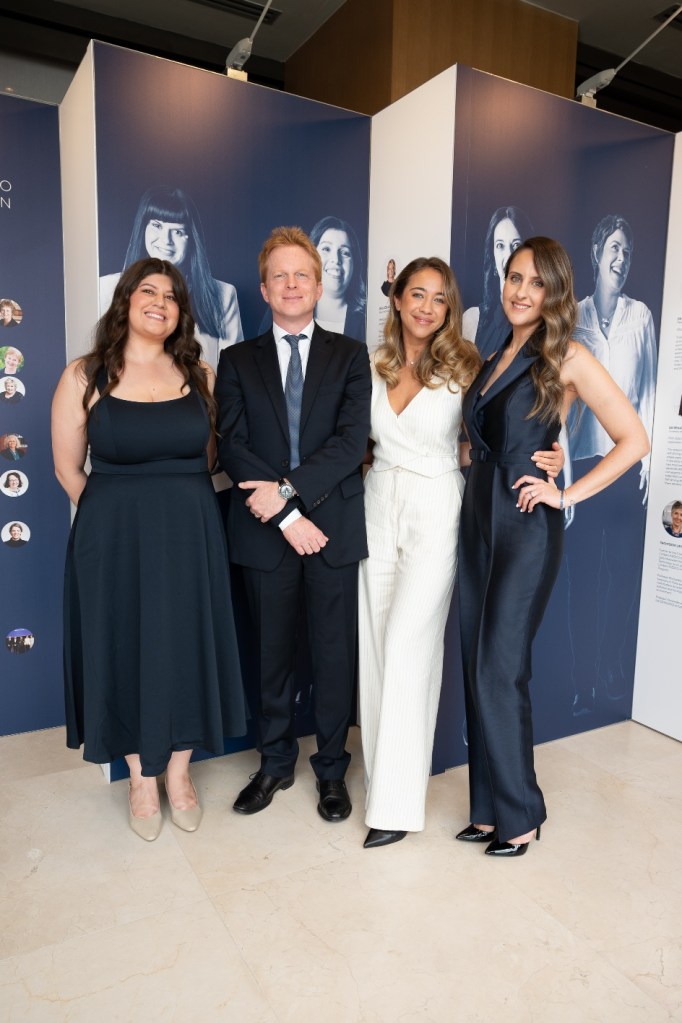L’Oréal-UNESCO For Women in Science recently honoured five remarkable female scientists in Australia and New Zealand during a ceremony in Sydney. These early-career scientists received prestigious fellowships and substantial funding to advance their groundbreaking research.
In addition to the five local honourees, Australian Professor Lidia Morawska from the Queensland University of Technology was announced as a Laureate for the prestigious 2023 L’Oréal-UNESCO For Women in Science International Program. Professor Morawska received €100,000 ($165,000) for her outstanding contributions to air pollution and its impact on human health and the environment.

Marnie Carroll, Chief Corporate Affairs & Engagement Officer at L’Oréal Australia & New Zealand, emphasised the program’s dedication to breaking gender barriers in STEM.
“The L’Oréal-UNESCO For Women in Science program continues to recognise and celebrate the groundbreaking achievements and contributions to scientific progress made by females across Australia and New Zealand,” she said.
“Through awarding our 2023 Fellows, we aim to continue breaking down gender barriers within STEM and inspire younger generations of women to pursue their curiosity and ambitions within the field. This year, the selection of Fellows bring a diverse spectrum of knowledge and experience to our cohort of female scientists, so we are thrilled to be able to acknowledge their accomplishments and help foster the progression of their individual endeavours into the future.”
The ceremony celebrated four Australian Fellows: Dr Renata Borovic-Gajic, Dr Deborah Burnett, Dr Anna Trigos, and Dr Lucia Romani, along with New Zealand Fellow Dr Georgia Grant.
The recipients showcased diverse areas of expertise:
- Dr. Renata Borovic-Gajic, University of Melbourne, focuses on data exploration and scientific discovery through innovative approaches to database systems.
- Dr. Deborah Burnett, Garvan Institute of Medical Research, investigates autoimmune diseases and the role of “rogue” antibodies in treatment responsiveness.
- Dr. Anna Trigos, Peter MacCallum Cancer Centre, explores cancer ecosystems based on evolutionary principles, utilising advanced technologies.
- Dr. Lucia Romani, Kirby Institute, UNSW, examines molecular antimicrobial resistance in Neisseria gonorrhoeae-positive samples from Fiji, contributing to infectious disease control.
- Dr. Georgia Grant, GNS Science, NZ, studies post-polar ice sheet retreat and its impact on climate cycles, contributing to a healthier future for New Zealand.
This year marked the 25th anniversary of the L’Oréal-UNESCO Global For Women in Science Awards. Since 1998, these awards have celebrated and supported female scientists globally, recognising 4,100 researchers worldwide, with 65 acknowledged locally and 500 scientific experts participating in the selection process.

While progress has been made, gender disparities persist, with only a one per cent increase in women in STEM fields in Australia between 2014 and 2019. Globally, less than four per cent of women have received a Nobel Prize for Science. The World Economic Forum estimates that achieving gender parity in science, technology, engineering, and mathematics will take over two centuries at the current rate.
Founded by scientist Eugène Schueller in 1909, L’Oréal, in collaboration with UNESCO, has spent the last 25 years highlighting scientific research and advocating for the crucial role of women in science. The program aims to inspire and support women in STEM, recognising the importance of diversity in scientific pursuits.
Read the current issue of our digital magazine below:
- For more news and updates, subscribe to our weekly newsletter
- Follow us on Instagram
- Like us on Facebook
- Connect with us on LinkedIn

